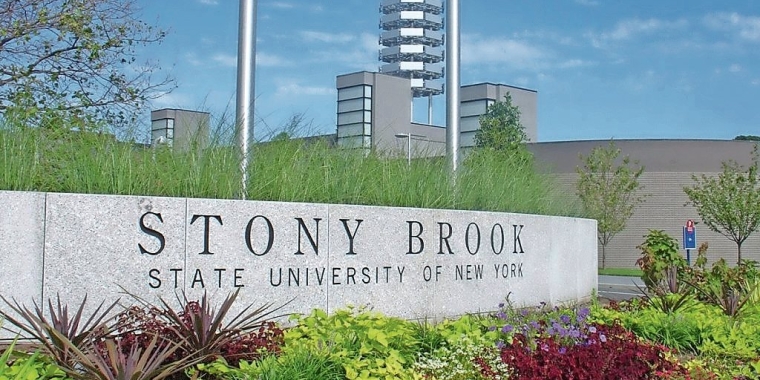Sen. Thomas introduces tuition cap for SUNY, CUNY

State Sen. Kevin Thomas introduced legislation on Jan 31 that if successful would freeze tuition at all state and city colleges in the state. The Thomas bill, S.7615, would hold SUNY and CUNY tuition at $5,000 per year for four years, while providing relief from what Thomas, a Levittown Democrat, referred to as the “TAP gap” — the difference between the state’s tuition assistance program (TAP) and the actual tuition costs. The differences vary from school to school.
At the same time, the legislation would require SUNY and CUNY governing bodies to study and develop strategies for losing the TAP gap.
New York Gov. Andrew Cuomo introduced the Excelsior Scholarship program as part of the state’s 2017 budget, making tuition free for students whose families earn less than $125,000 per year. But the Excelsior Scholarships were based on the assumption that tuition at state and city universities would remain constant at $5,000 per year.
It has not. Tuition at SUNY Stony Brook currently runs at $9,625 per year for New York residents, and tuition at Baruch College, part of the CUNY system, currently costs $7,000 per year.
“Public universities are a vital resource, because they provide families access to college at an affordable price,” Thomas said in the release accompanying the announcement of his bill. “We need to relieve the pressure on students and families and come up with a long-term solution to ensure that SUNY and CUNY remain world-class higher education institutions that are accessible to all New Yorkers.”
Thomas has long been concerned with the burden student loans place on his district’s young people. Studies show that recent graduates owe an average of more than $32,000. Those opting to continue on to graduate school owe much more, particularly if they opt for high-tuition fields like business, law or medicine. An executive Master’s in Business Administration from Hofstra University, a private school, costs roughly $95,000, according to the university’s website.
“We have to get a hold of the student debt crisis,” Thomas said last week. “I have a lot of constituents with student debt and still have student debt myself from both undergrad and grad school,” he said.
According to Thomas, several other states have begun freezing tuition, including Indiana, Pennsylvania, Virginia and Wisconsin.
“They’ve had to look for other sources of revenue,” Thomas said. Purdue University, a public research university in West Lafayette, Ind., was one of the first to freeze its tuition in 2013. The school offset some of the loss from tuition by cutting costs and reducing senior administrative staff. The university also cut programs with small enrolments. And an increase in foreign enrolment helped as well.
Until the mid-1960s, most public universities were free, following a trend that began shortly before the Civil War. In the past 50 years, however, fees have risen to the point that the low-income families who were the original beneficiaries of public education can no longer afford them.
“My goal is to get kids out of their parents’ basements,” Thomas said. “We need to get young married couples into their own homes.”